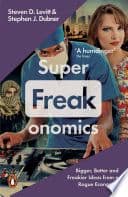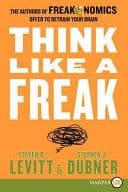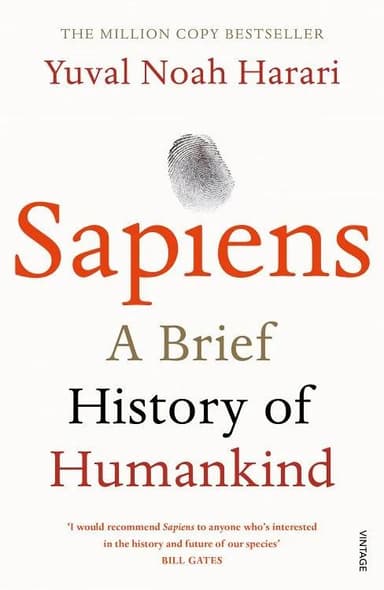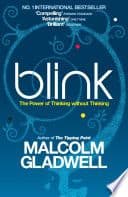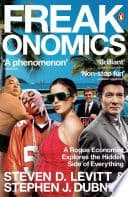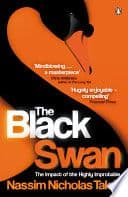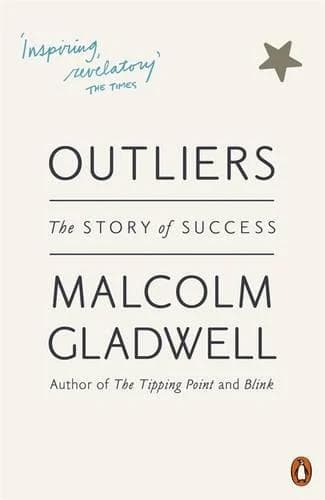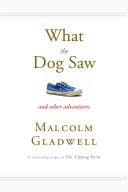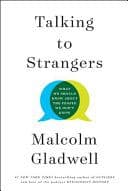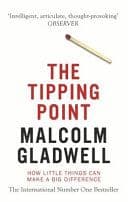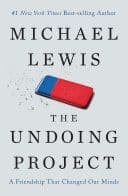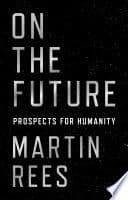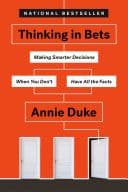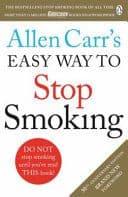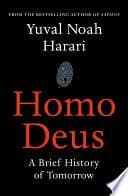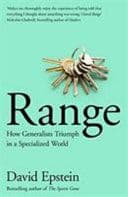
Range:
How Generalists Triumph in a Specialized World
The Instant Sunday Times Bestseller. As featured on Diary of a CEO.
DIFFICULTY
intermediate
PAGES
352
READ TIME
≈ 450 mins
DIFFICULTY
intermediate
PAGES
352
READ TIME
≈ 450 mins
About Range
David Epstein argues that in a world obsessed with early specialization, it’s actually range—broad experience, experimentation, and cross-disciplinary thinking—that gives people the edge. Comparing Tiger Woods’s single-minded mastery with Roger Federer’s wandering path, he shows that while specialists shine in predictable “kind” environments, most of life is “wicked”: messy, shifting, and full of delayed feedback. In those conditions, generalists adapt faster and see patterns others miss.
Drawing on psychology, education, and organizational science, Epstein explains how sampling, analogical thinking, and varied practice foster lasting learning and creative insight. Quitting, pivoting, or changing fields isn’t failure—it’s how we improve “match quality” between who we are and what we do.
Range reframes success as a product of exploration, not efficiency. In an era that rewards narrow focus, Epstein’s case for breadth is a reminder that curiosity itself is a competitive advantage.
What You'll Learn
- Differentiate between 'kind' and 'wicked' learning environments and choose strategies suited to each
- Use broad sampling and experimentation early to find better long-term career fit
- Analogical reasoning and cross-domain thinking to solve novel, complex problems
- Interleaving and varied practice for deeper mastery
- Leverage diverse experiences and networks to spark creativity and innovation
- Decide when specialization is valuable and when breadth confers an advantage
Key Takeaways
- Generalists excel in complex domains
- Kind vs. wicked learning environments
- Sampling improves long-term success
- Breadth fuels creativity and insight
- Analogical thinking beats narrow expertise
More in big-ideas
